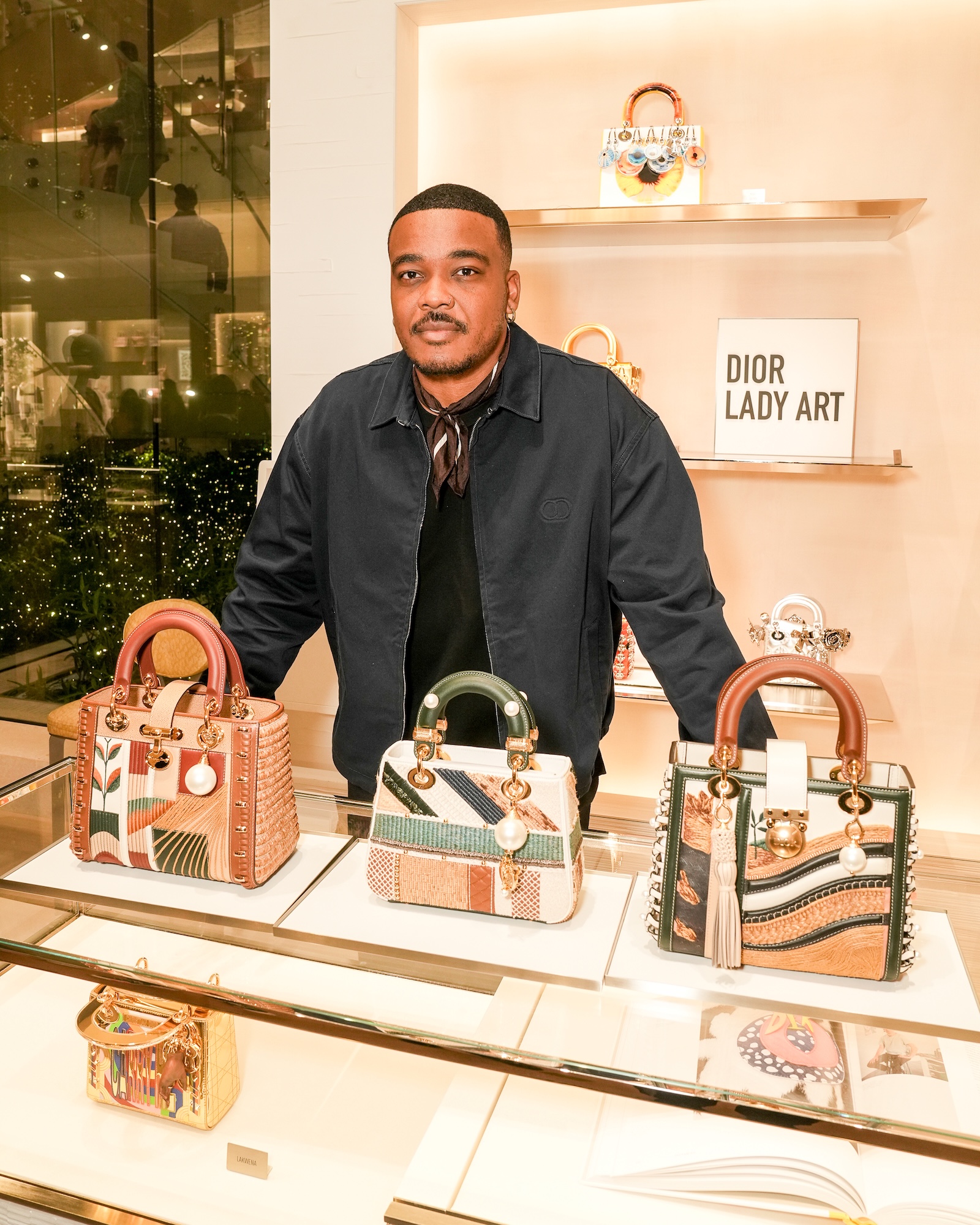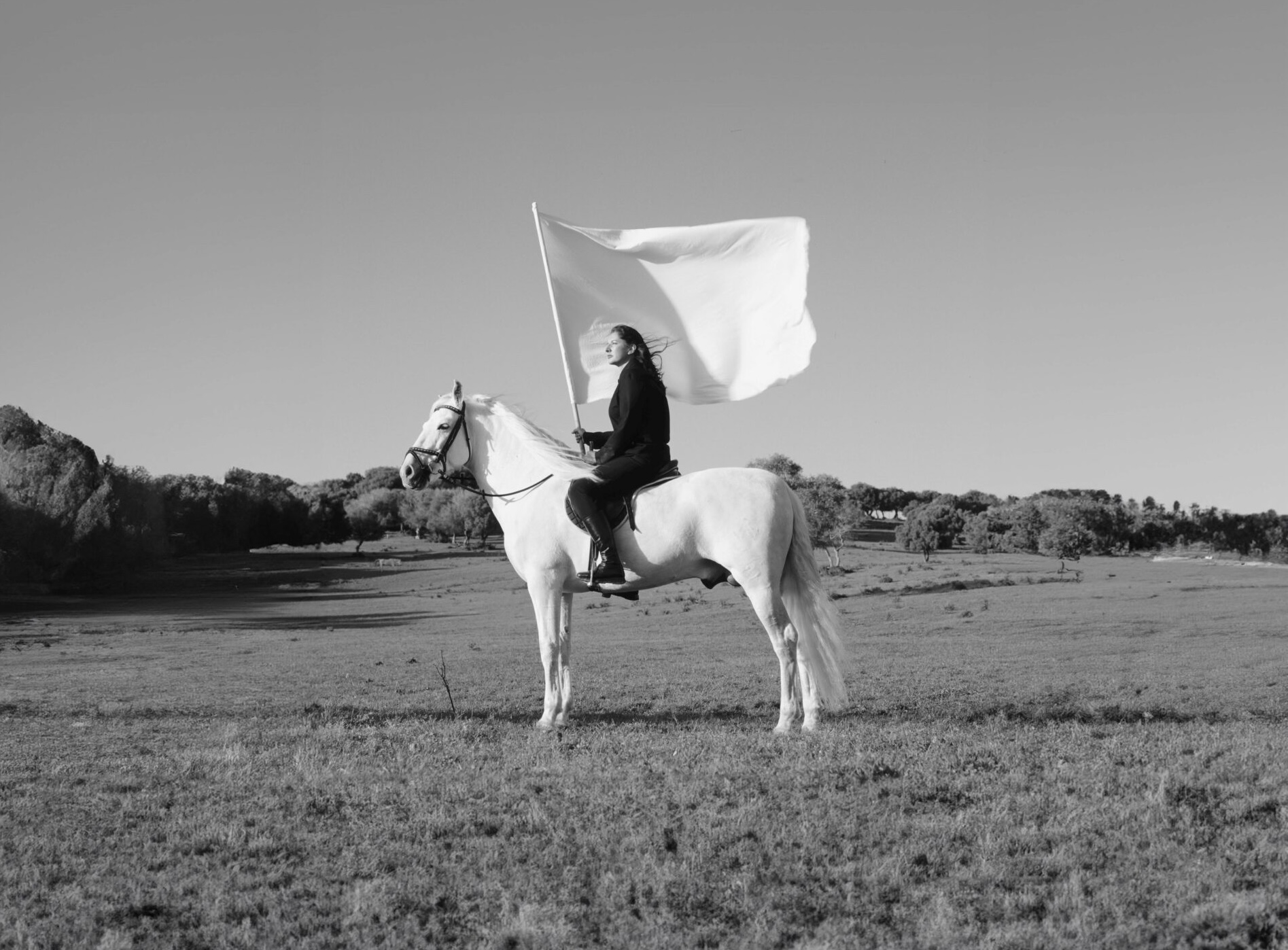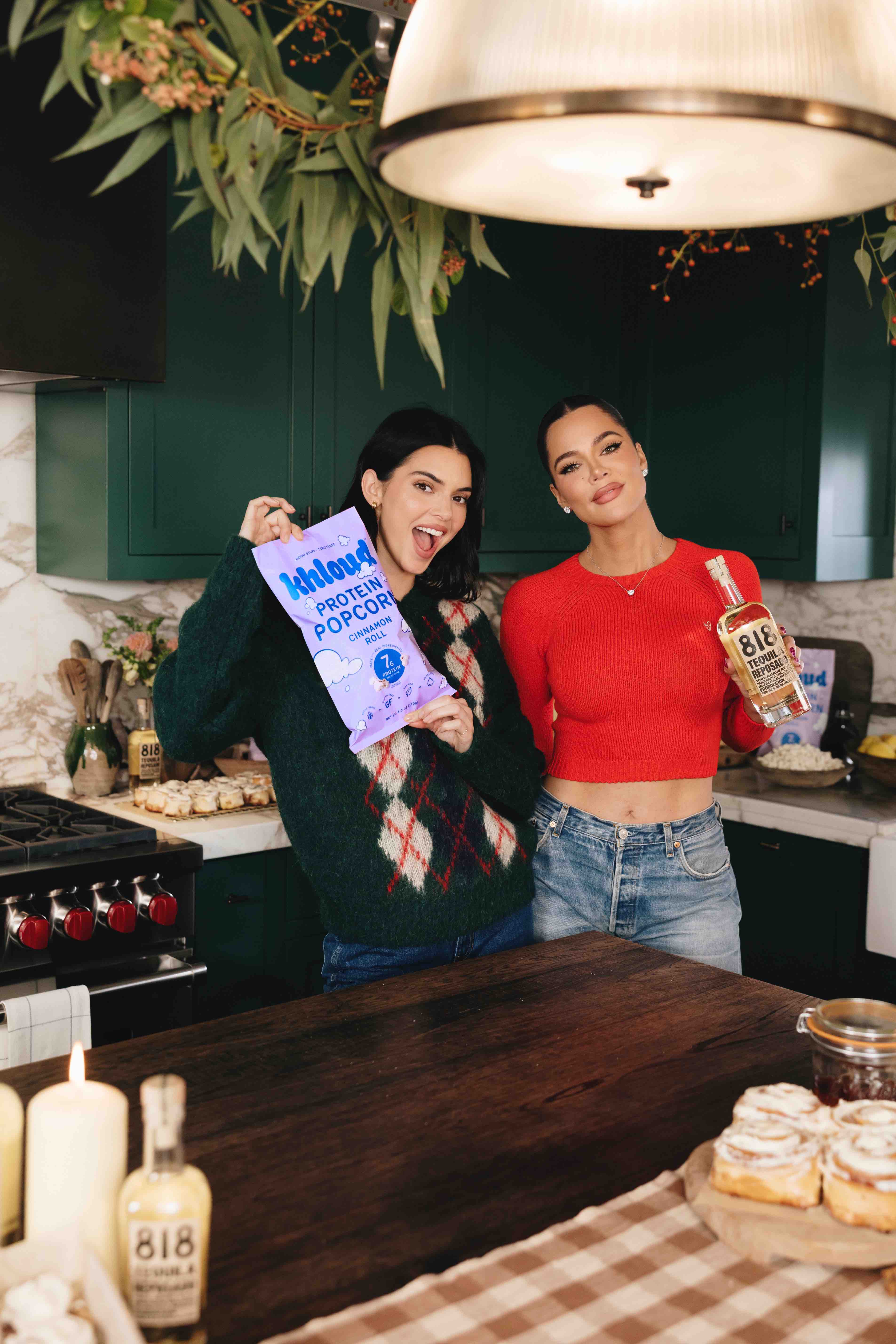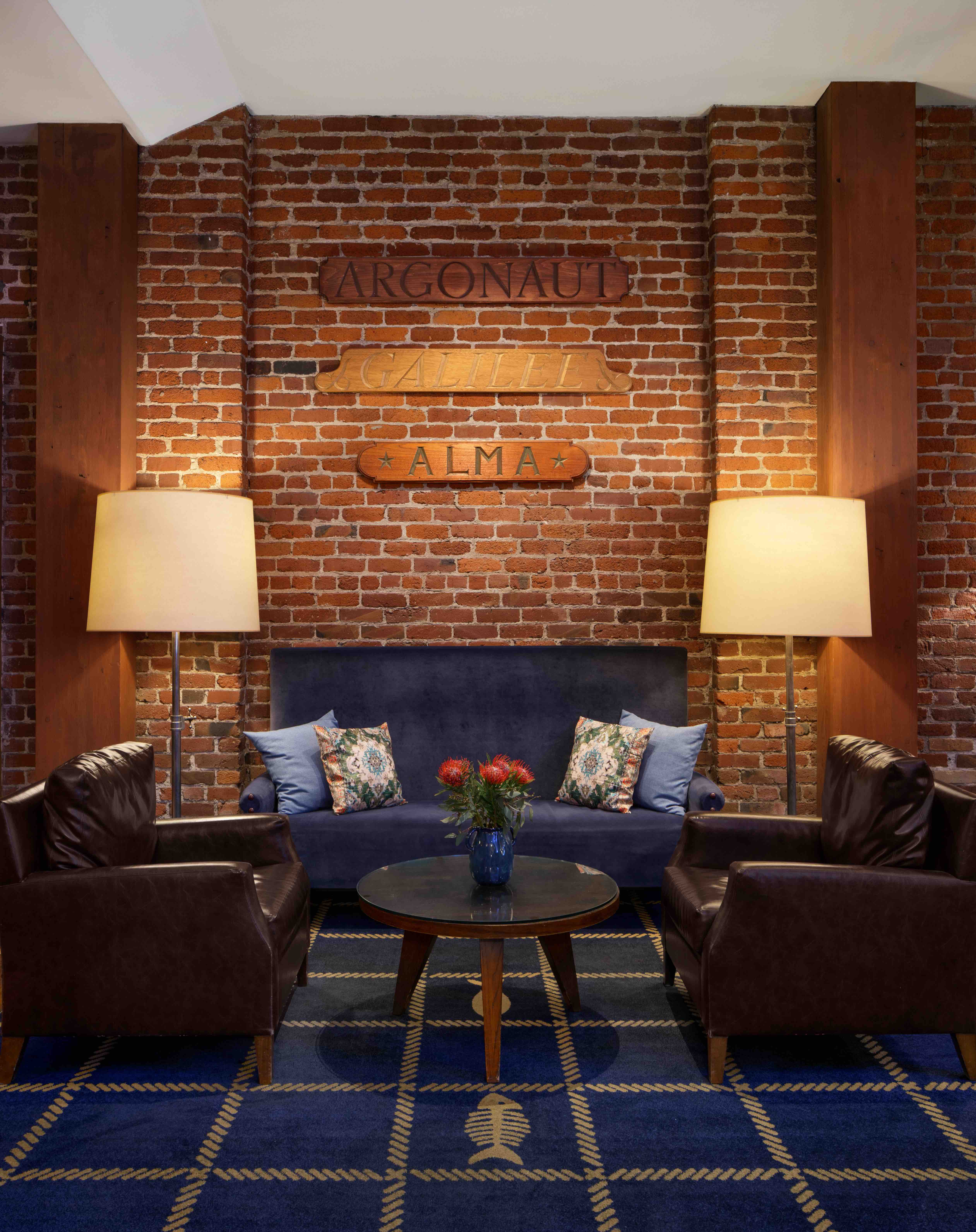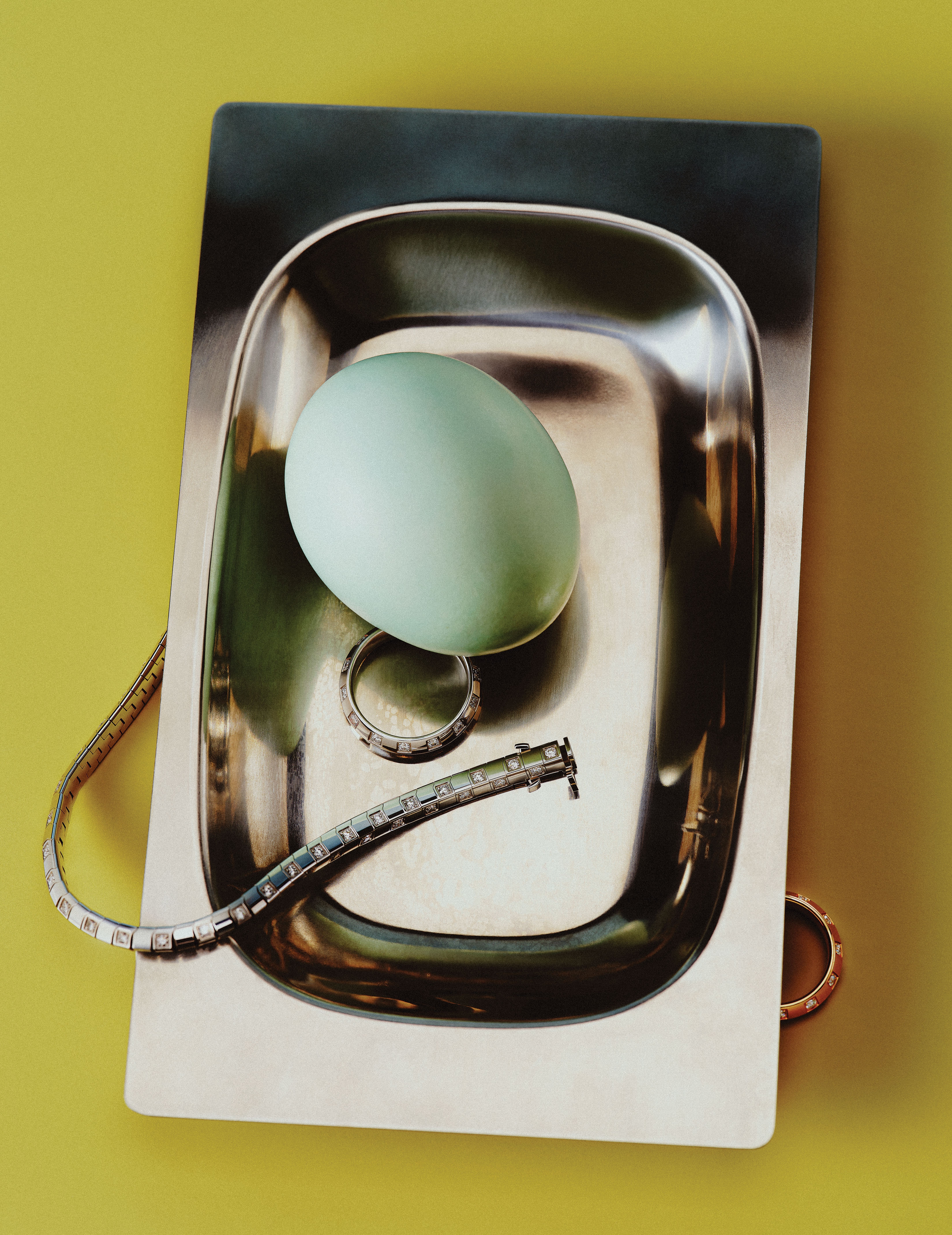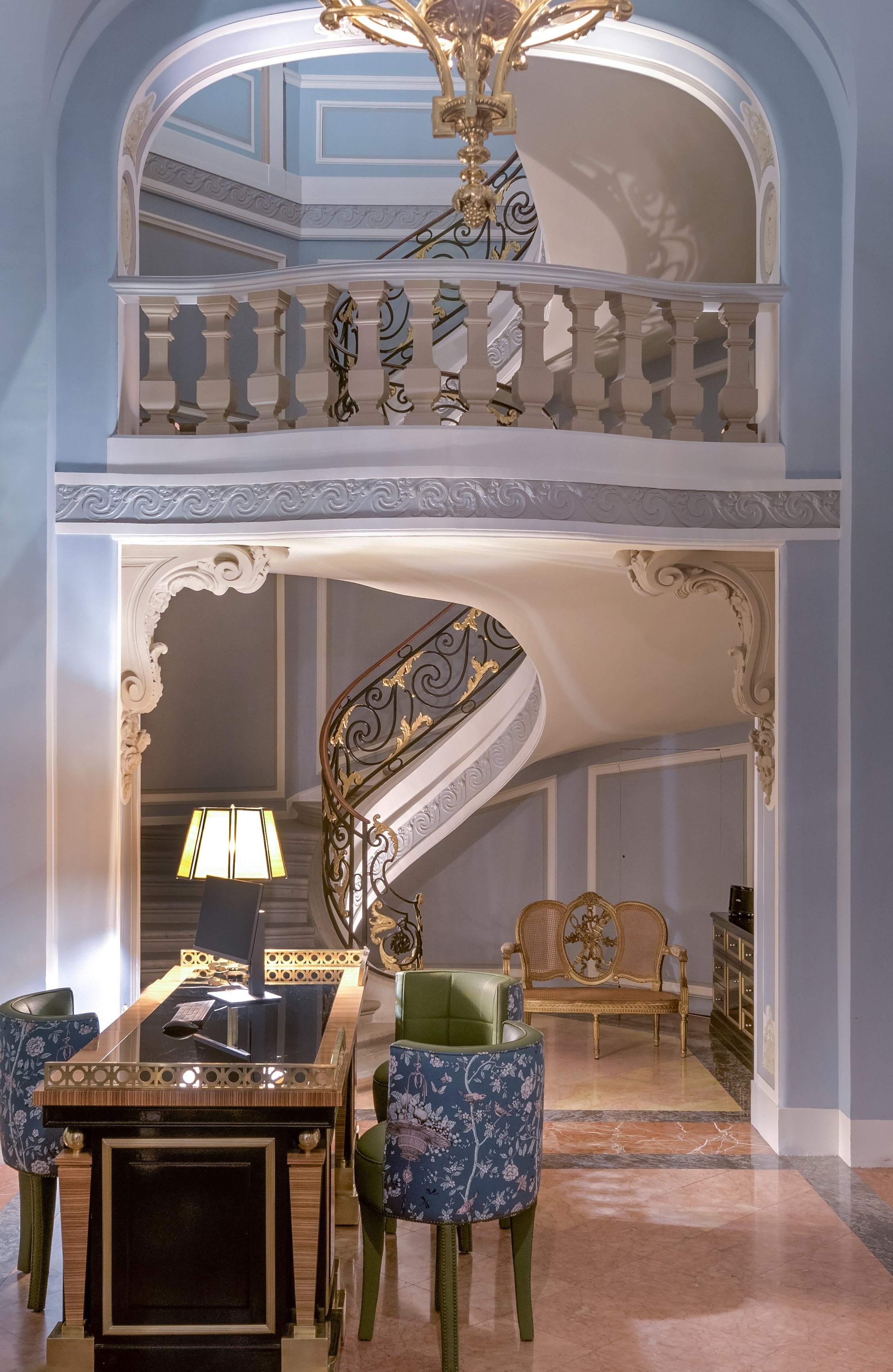

Photo: Tom Craig
The London-born poet, actor and filmmaker Greta Bellamacina has just released her debut feature _Hurt By Paradise_ theatrically, which provides a snapshot into the life of a single mother struggling to make a living as a writer in North London. This description might conjure images of tower blocks and abject poverty, but _Hurt By Paradise_ is nothing if not positive in its depiction of life-with-a-baby-stroller, which owes more to the London of Richard Curtis’s _Love Actually_ than it does to that of Mike Leigh’s _Naked_.
The film is in fact something of a love letter to the iconic capital and depicts a life not a million miles from that of its RADA-alumni director and star, whose recently released book of poetry _Tomorrow’s Woman_ has been well received by the literati. Featuring actors alongside Bellamacina’s friends and family, _Hurt By Paradise_ is just the latest in a long line of achievements for a woman who has already been short-listed as the Young Poet Laureate of London and received a BAFTA nomination for her documentary about the decline of British Libraries—_The Safe House: A Decline of Ideas_. Here, the poetic polymath discusses the process of making _Hurt By Paradise_ on a shoestring budget, and tells us why the only cure for melancholy is to let love in.
**You wear a lot of hats in _Hurt By Paradise_–poet, director, and actor–how do those disciplines coalesce in your practice, and what made you want to make a film?**
I’ve always found comfort in performing—growing up, I spent all my summers performing in youth theatres. I used to write and perform plays for The Hampstead Theatre. I would spend hours trying to understand all of it—writing the words, planning the stage exits and trying to understand the characters. At drama school, I had endless notepads of scribbled character notes. I would watch all the old stage footage with the characters I was trying to convey hoping to discover something new, so that was all the weekends of my youth. Poetry was always something I did privately. It was another sort of freedom. When I write a poem I usually speak it aloud. I say it as if I were performing it, under my breath, like a little musical melodrama. _Hurt By Paradise_ is very much a collaboration of these two spaces. The film is very much fiction, of course, but the poetry is all taken from my current collection _Tomorrow’s Woman,_ which we build into the film.
**You both directed and starred in the film. How what was that process?**
I was lucky because we worked with a very small crew, so we were able to have an open dialogue, which is rare when you are shooting. We shot it like a family. I had my husband the artist Robert Montgomery on the monitor when I was acting. I would set the angle and tell him exactly what I wanted convey. Most of time we saw eye-to-eye, and we also had the healthy debate you have in a family. It was invaluable having him there, especially because we had so little time for each scene. We wanted to make a film because people told us we couldn’t do it, or at least they told us we couldn’t do it with the tiny budget we had. It was also sort of an experiment to have non-actors alongside trained actors–actors, who are good liars and we wanted shoot with some good liars to make it move, and some bad liars so it would never get too slick or fake.
**What is your directing style, would you say?**
I like to leave the camera to linger for a while after the scenes are shot, just to see what might happen on camera. I am also trying to find a way to make the picture feel more like documentary. I like the world to feel sort of ‘too normal’. That’s when I think the characters starts to linger in your subconscious afterwards—when the filming style isn’t very far from reality. I very consciously wanted the film to be more about the dynamics of the two women rather than the plot being the main driving force, I often feel the plots in films are an obvious lie. In cinematography, I like it when the camera moves with the subject; it sort of feels a little bit chaotic and more intimate. Our DOP Fabio Paleari mainly shoots documentary, and a lot of time we get him to move the camera when the subject moves. I like that sense of movement.


_HURT BY PARADISE_
**There is a strong sense of the film being a visual love letter to North London…**
I wanted the London you see on camera to almost be the London you see at the back of the bus on the night bus home after a wild night out. A sort of lonely, melancholic London where poetry feels like it is trapped in the buildings and fills up the roads. We had to shoot a lot of the scenes in friends’ houses because we had so little money. The small studio flat we were living at the time in Fitzrovia became the main location. So it just felt economical to go out in the evenings and get extra street footage of the surrounding areas around Camden and Primrose Hill. I also grew up around that area, so have a very nostalgic picture of that place. In my memory Camden will always belong to the poets and vagabonds. I remember going to watch bands perform on my lunch break at school at the Underworld or the Electric Ballroom.
**How much of the film reflects your own life and why did you choose the subject matter of motherhood?**
A big part of the main character is that you meet this woman who is a writer, who is struggling to achieve her dreams, and she also has a kid–but that is just one part of her. There is a cliché in film and TV to always represent being a single mother in a bleak way. I wanted this film to be the opposite of that. We wanted the two friends in the film to sort of take on the responsibility of parenting this child without it being a huge drama because that’s what women actually do. There is a line in the film, which says: ‘I don’t actually think you need a man to look after a child, but you definitely need two women.’ It’s important to be positive about the idea that families come in all different shapes and sizes.


_HURT BY PARADISE_
**There is a melancholy and beauty about your poetry, are those two things always linked for you …**
I think melancholy has a lot of beauty in it. I think melancholy is the healing state we make after sadness, and that we heal in a space of melancholy. Our only chance of happiness in life is to give our whole heart. To wake up everyday, alive and here is another chance to let love in. My idea of perfect happiness is to be with Robert and our children Lorca and Lucian observing the changing light from each other’s arms. We don’t need much more than that. Life is tragic and hard and full of suffering, but when you give your whole heart, you let love in, and in that moment all of that pain is gone. I wrote a lot about this over lockdown—the questions of love and its place in death and the permanence in makes you feel in a temporary world. Here are a few lines:
_In order for you to feel it_
_The voice of the wind has to kill it_
_It has to call it, to kill it_
_Without anywhere to go_
_It has to arrive_
_Just as it leaves_
_It has to give up_
_Just as it takes away_
_It has to let you love_
_Let you grow_
_Just as you forget_
_As you give in_
_As it takes you away_
_As the dawn breaks again_
_Let the phones ring_
_Let love in_
Hurt by Paradise is out now in selected cinemas in the UK. To book a ticket to a live Q&A and screening in Chelsea, London on Sept 17th visit [everymancinema.com](https://www.everymancinema.com)
 
Photo: Tom Craig
The London-born poet, actor and filmmaker Greta Bellamacina has just released her debut feature _Hurt By Paradise_ theatrically, which provides a snapshot into the life of a single mother struggling to make a living as a writer in North London. This description might conjure images of tower blocks and abject poverty, but _Hurt By Paradise_ is nothing if not positive in its depiction of life-with-a-baby-stroller, which owes more to the London of Richard Curtis’s _Love Actually_ than it does to that of Mike Leigh’s _Naked_.
The film is in fact something of a love letter to the iconic capital and depicts a life not a million miles from that of its RADA-alumni director and star, whose recently released book of poetry _Tomorrow’s Woman_ has been well received by the literati. Featuring actors alongside Bellamacina’s friends and family, _Hurt By Paradise_ is just the latest in a long line of achievements for a woman who has already been short-listed as the Young Poet Laureate of London and received a BAFTA nomination for her documentary about the decline of British Libraries—_The Safe House: A Decline of Ideas_. Here, the poetic polymath discusses the process of making _Hurt By Paradise_ on a shoestring budget, and tells us why the only cure for melancholy is to let love in.
**You wear a lot of hats in _Hurt By Paradise_–poet, director, and actor–how do those disciplines coalesce in your practice, and what made you want to make a film?**
I’ve always found comfort in performing—growing up, I spent all my summers performing in youth theatres. I used to write and perform plays for The Hampstead Theatre. I would spend hours trying to understand all of it—writing the words, planning the stage exits and trying to understand the characters. At drama school, I had endless notepads of scribbled character notes. I would watch all the old stage footage with the characters I was trying to convey hoping to discover something new, so that was all the weekends of my youth. Poetry was always something I did privately. It was another sort of freedom. When I write a poem I usually speak it aloud. I say it as if I were performing it, under my breath, like a little musical melodrama. _Hurt By Paradise_ is very much a collaboration of these two spaces. The film is very much fiction, of course, but the poetry is all taken from my current collection _Tomorrow’s Woman,_ which we build into the film.
**You both directed and starred in the film. How what was that process?**
I was lucky because we worked with a very small crew, so we were able to have an open dialogue, which is rare when you are shooting. We shot it like a family. I had my husband the artist Robert Montgomery on the monitor when I was acting. I would set the angle and tell him exactly what I wanted convey. Most of time we saw eye-to-eye, and we also had the healthy debate you have in a family. It was invaluable having him there, especially because we had so little time for each scene. We wanted to make a film because people told us we couldn’t do it, or at least they told us we couldn’t do it with the tiny budget we had. It was also sort of an experiment to have non-actors alongside trained actors–actors, who are good liars and we wanted shoot with some good liars to make it move, and some bad liars so it would never get too slick or fake.
**What is your directing style, would you say?**
I like to leave the camera to linger for a while after the scenes are shot, just to see what might happen on camera. I am also trying to find a way to make the picture feel more like documentary. I like the world to feel sort of ‘too normal’. That’s when I think the characters starts to linger in your subconscious afterwards—when the filming style isn’t very far from reality. I very consciously wanted the film to be more about the dynamics of the two women rather than the plot being the main driving force, I often feel the plots in films are an obvious lie. In cinematography, I like it when the camera moves with the subject; it sort of feels a little bit chaotic and more intimate. Our DOP Fabio Paleari mainly shoots documentary, and a lot of time we get him to move the camera when the subject moves. I like that sense of movement.

Photo: Tom Craig
The London-born poet, actor and filmmaker Greta Bellamacina has just released her debut feature _Hurt By Paradise_ theatrically, which provides a snapshot into the life of a single mother struggling to make a living as a writer in North London. This description might conjure images of tower blocks and abject poverty, but _Hurt By Paradise_ is nothing if not positive in its depiction of life-with-a-baby-stroller, which owes more to the London of Richard Curtis’s _Love Actually_ than it does to that of Mike Leigh’s _Naked_.
The film is in fact something of a love letter to the iconic capital and depicts a life not a million miles from that of its RADA-alumni director and star, whose recently released book of poetry _Tomorrow’s Woman_ has been well received by the literati. Featuring actors alongside Bellamacina’s friends and family, _Hurt By Paradise_ is just the latest in a long line of achievements for a woman who has already been short-listed as the Young Poet Laureate of London and received a BAFTA nomination for her documentary about the decline of British Libraries—_The Safe House: A Decline of Ideas_. Here, the poetic polymath discusses the process of making _Hurt By Paradise_ on a shoestring budget, and tells us why the only cure for melancholy is to let love in.
**You wear a lot of hats in _Hurt By Paradise_–poet, director, and actor–how do those disciplines coalesce in your practice, and what made you want to make a film?**
I’ve always found comfort in performing—growing up, I spent all my summers performing in youth theatres. I used to write and perform plays for The Hampstead Theatre. I would spend hours trying to understand all of it—writing the words, planning the stage exits and trying to understand the characters. At drama school, I had endless notepads of scribbled character notes. I would watch all the old stage footage with the characters I was trying to convey hoping to discover something new, so that was all the weekends of my youth. Poetry was always something I did privately. It was another sort of freedom. When I write a poem I usually speak it aloud. I say it as if I were performing it, under my breath, like a little musical melodrama. _Hurt By Paradise_ is very much a collaboration of these two spaces. The film is very much fiction, of course, but the poetry is all taken from my current collection _Tomorrow’s Woman,_ which we build into the film.
**You both directed and starred in the film. How what was that process?**
I was lucky because we worked with a very small crew, so we were able to have an open dialogue, which is rare when you are shooting. We shot it like a family. I had my husband the artist Robert Montgomery on the monitor when I was acting. I would set the angle and tell him exactly what I wanted convey. Most of time we saw eye-to-eye, and we also had the healthy debate you have in a family. It was invaluable having him there, especially because we had so little time for each scene. We wanted to make a film because people told us we couldn’t do it, or at least they told us we couldn’t do it with the tiny budget we had. It was also sort of an experiment to have non-actors alongside trained actors–actors, who are good liars and we wanted shoot with some good liars to make it move, and some bad liars so it would never get too slick or fake.
**What is your directing style, would you say?**
I like to leave the camera to linger for a while after the scenes are shot, just to see what might happen on camera. I am also trying to find a way to make the picture feel more like documentary. I like the world to feel sort of ‘too normal’. That’s when I think the characters starts to linger in your subconscious afterwards—when the filming style isn’t very far from reality. I very consciously wanted the film to be more about the dynamics of the two women rather than the plot being the main driving force, I often feel the plots in films are an obvious lie. In cinematography, I like it when the camera moves with the subject; it sort of feels a little bit chaotic and more intimate. Our DOP Fabio Paleari mainly shoots documentary, and a lot of time we get him to move the camera when the subject moves. I like that sense of movement.
 
_HURT BY PARADISE_
**There is a strong sense of the film being a visual love letter to North London…**
I wanted the London you see on camera to almost be the London you see at the back of the bus on the night bus home after a wild night out. A sort of lonely, melancholic London where poetry feels like it is trapped in the buildings and fills up the roads. We had to shoot a lot of the scenes in friends’ houses because we had so little money. The small studio flat we were living at the time in Fitzrovia became the main location. So it just felt economical to go out in the evenings and get extra street footage of the surrounding areas around Camden and Primrose Hill. I also grew up around that area, so have a very nostalgic picture of that place. In my memory Camden will always belong to the poets and vagabonds. I remember going to watch bands perform on my lunch break at school at the Underworld or the Electric Ballroom.
**How much of the film reflects your own life and why did you choose the subject matter of motherhood?**
A big part of the main character is that you meet this woman who is a writer, who is struggling to achieve her dreams, and she also has a kid–but that is just one part of her. There is a cliché in film and TV to always represent being a single mother in a bleak way. I wanted this film to be the opposite of that. We wanted the two friends in the film to sort of take on the responsibility of parenting this child without it being a huge drama because that’s what women actually do. There is a line in the film, which says: ‘I don’t actually think you need a man to look after a child, but you definitely need two women.’ It’s important to be positive about the idea that families come in all different shapes and sizes.

_HURT BY PARADISE_
**There is a strong sense of the film being a visual love letter to North London…**
I wanted the London you see on camera to almost be the London you see at the back of the bus on the night bus home after a wild night out. A sort of lonely, melancholic London where poetry feels like it is trapped in the buildings and fills up the roads. We had to shoot a lot of the scenes in friends’ houses because we had so little money. The small studio flat we were living at the time in Fitzrovia became the main location. So it just felt economical to go out in the evenings and get extra street footage of the surrounding areas around Camden and Primrose Hill. I also grew up around that area, so have a very nostalgic picture of that place. In my memory Camden will always belong to the poets and vagabonds. I remember going to watch bands perform on my lunch break at school at the Underworld or the Electric Ballroom.
**How much of the film reflects your own life and why did you choose the subject matter of motherhood?**
A big part of the main character is that you meet this woman who is a writer, who is struggling to achieve her dreams, and she also has a kid–but that is just one part of her. There is a cliché in film and TV to always represent being a single mother in a bleak way. I wanted this film to be the opposite of that. We wanted the two friends in the film to sort of take on the responsibility of parenting this child without it being a huge drama because that’s what women actually do. There is a line in the film, which says: ‘I don’t actually think you need a man to look after a child, but you definitely need two women.’ It’s important to be positive about the idea that families come in all different shapes and sizes.
 
_HURT BY PARADISE_
**There is a melancholy and beauty about your poetry, are those two things always linked for you …**
I think melancholy has a lot of beauty in it. I think melancholy is the healing state we make after sadness, and that we heal in a space of melancholy. Our only chance of happiness in life is to give our whole heart. To wake up everyday, alive and here is another chance to let love in. My idea of perfect happiness is to be with Robert and our children Lorca and Lucian observing the changing light from each other’s arms. We don’t need much more than that. Life is tragic and hard and full of suffering, but when you give your whole heart, you let love in, and in that moment all of that pain is gone. I wrote a lot about this over lockdown—the questions of love and its place in death and the permanence in makes you feel in a temporary world. Here are a few lines:
_In order for you to feel it_
_The voice of the wind has to kill it_
_It has to call it, to kill it_
_Without anywhere to go_
_It has to arrive_
_Just as it leaves_
_It has to give up_
_Just as it takes away_
_It has to let you love_
_Let you grow_
_Just as you forget_
_As you give in_
_As it takes you away_
_As the dawn breaks again_
_Let the phones ring_
_Let love in_
Hurt by Paradise is out now in selected cinemas in the UK. To book a ticket to a live Q&A and screening in Chelsea, London on Sept 17th visit [everymancinema.com](https://www.everymancinema.com)

_HURT BY PARADISE_
**There is a melancholy and beauty about your poetry, are those two things always linked for you …**
I think melancholy has a lot of beauty in it. I think melancholy is the healing state we make after sadness, and that we heal in a space of melancholy. Our only chance of happiness in life is to give our whole heart. To wake up everyday, alive and here is another chance to let love in. My idea of perfect happiness is to be with Robert and our children Lorca and Lucian observing the changing light from each other’s arms. We don’t need much more than that. Life is tragic and hard and full of suffering, but when you give your whole heart, you let love in, and in that moment all of that pain is gone. I wrote a lot about this over lockdown—the questions of love and its place in death and the permanence in makes you feel in a temporary world. Here are a few lines:
_In order for you to feel it_
_The voice of the wind has to kill it_
_It has to call it, to kill it_
_Without anywhere to go_
_It has to arrive_
_Just as it leaves_
_It has to give up_
_Just as it takes away_
_It has to let you love_
_Let you grow_
_Just as you forget_
_As you give in_
_As it takes you away_
_As the dawn breaks again_
_Let the phones ring_
_Let love in_
Hurt by Paradise is out now in selected cinemas in the UK. To book a ticket to a live Q&A and screening in Chelsea, London on Sept 17th visit [everymancinema.com](https://www.everymancinema.com)
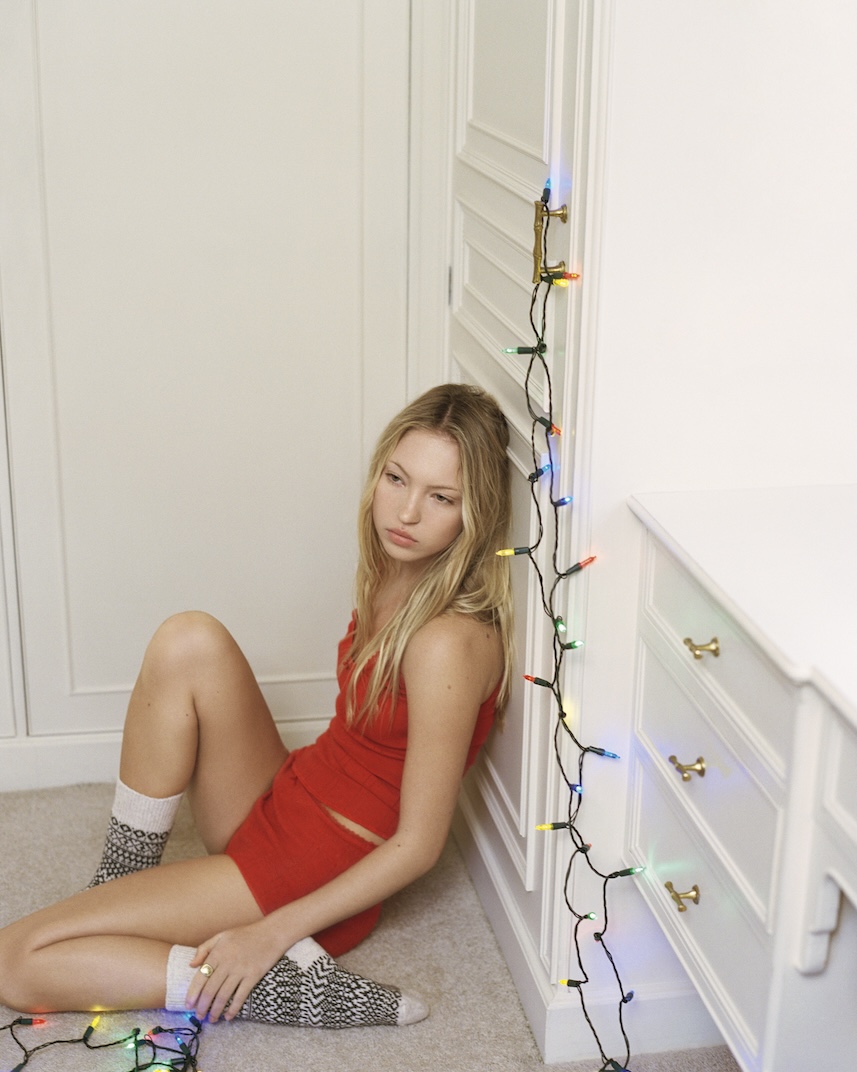
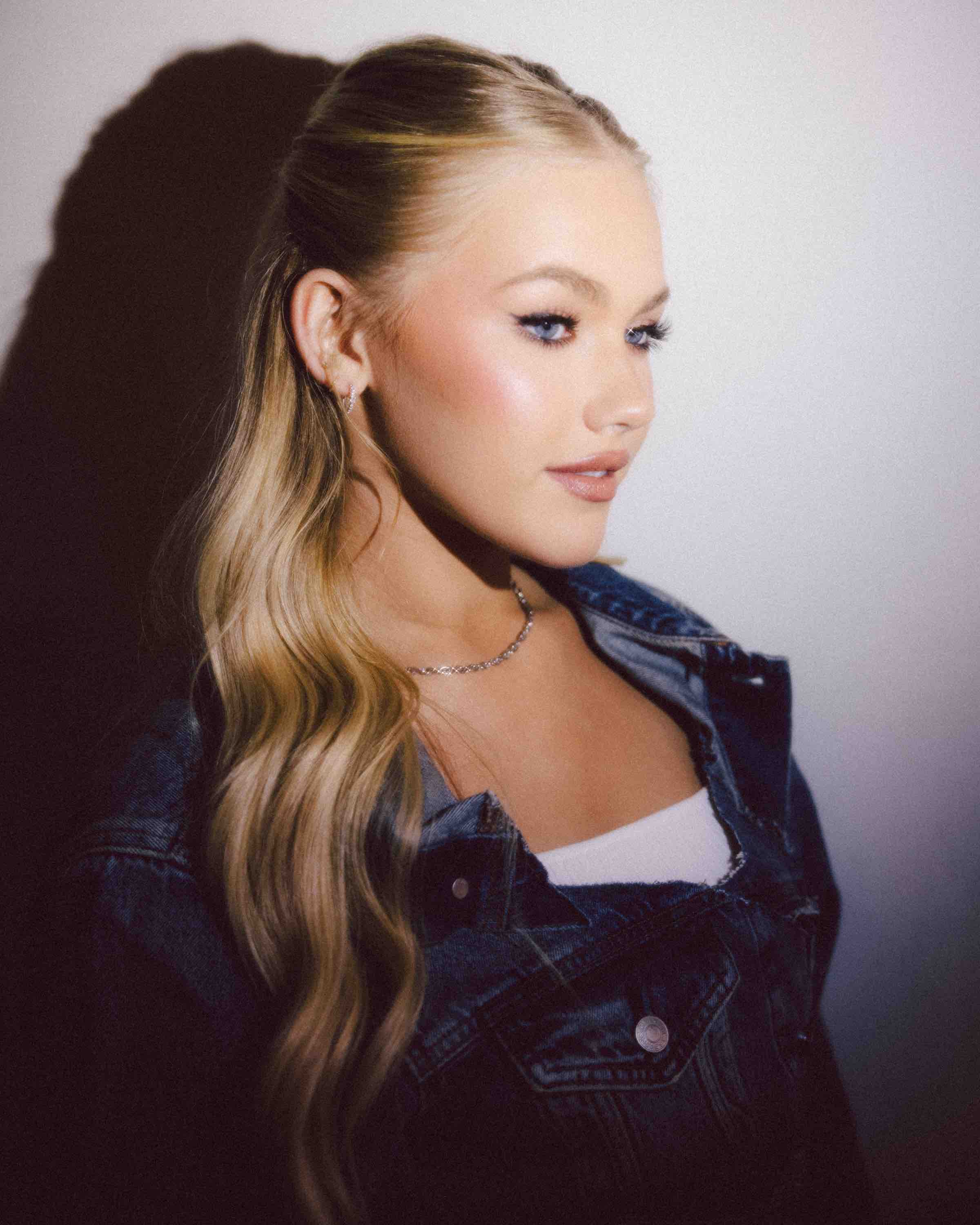
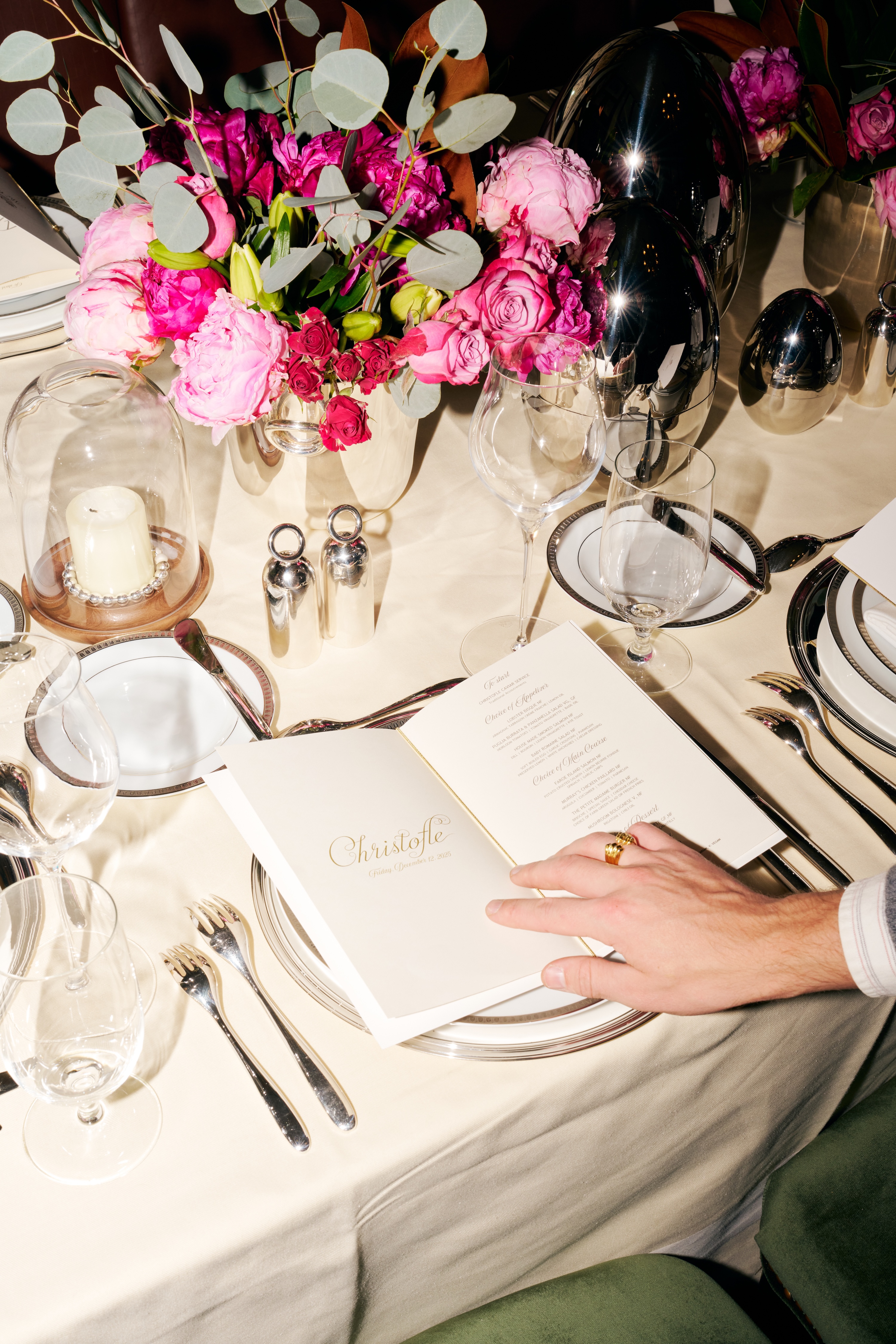
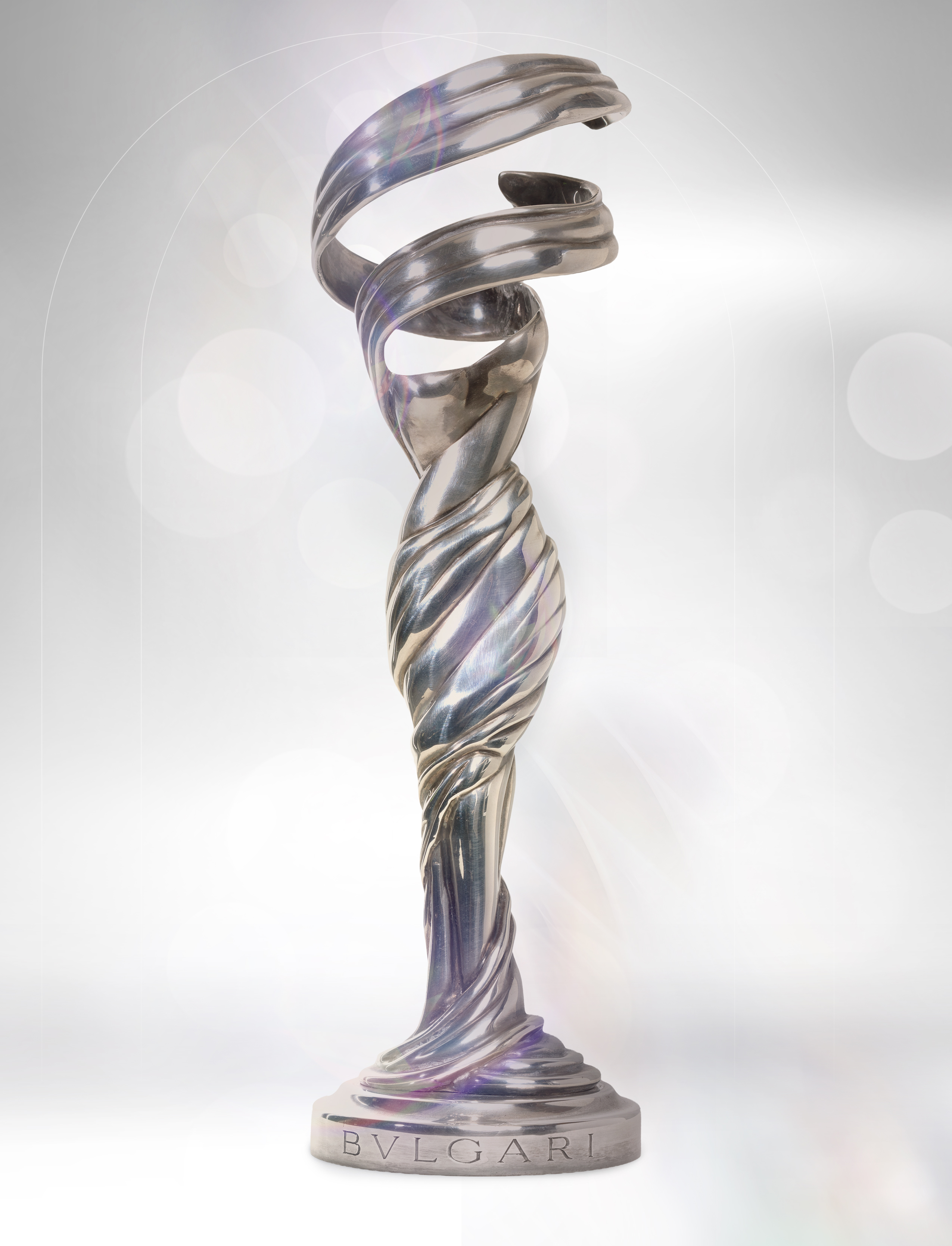
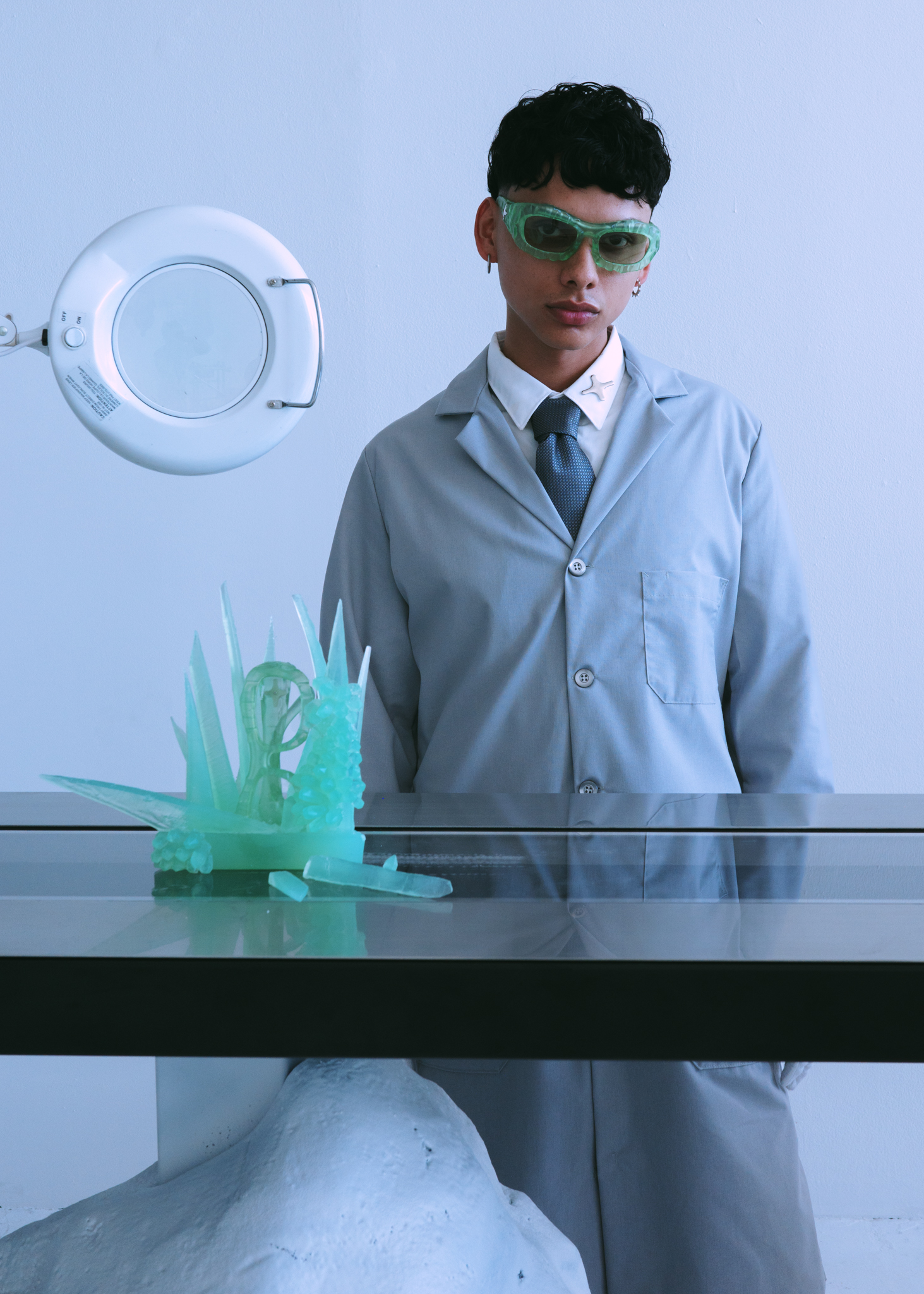
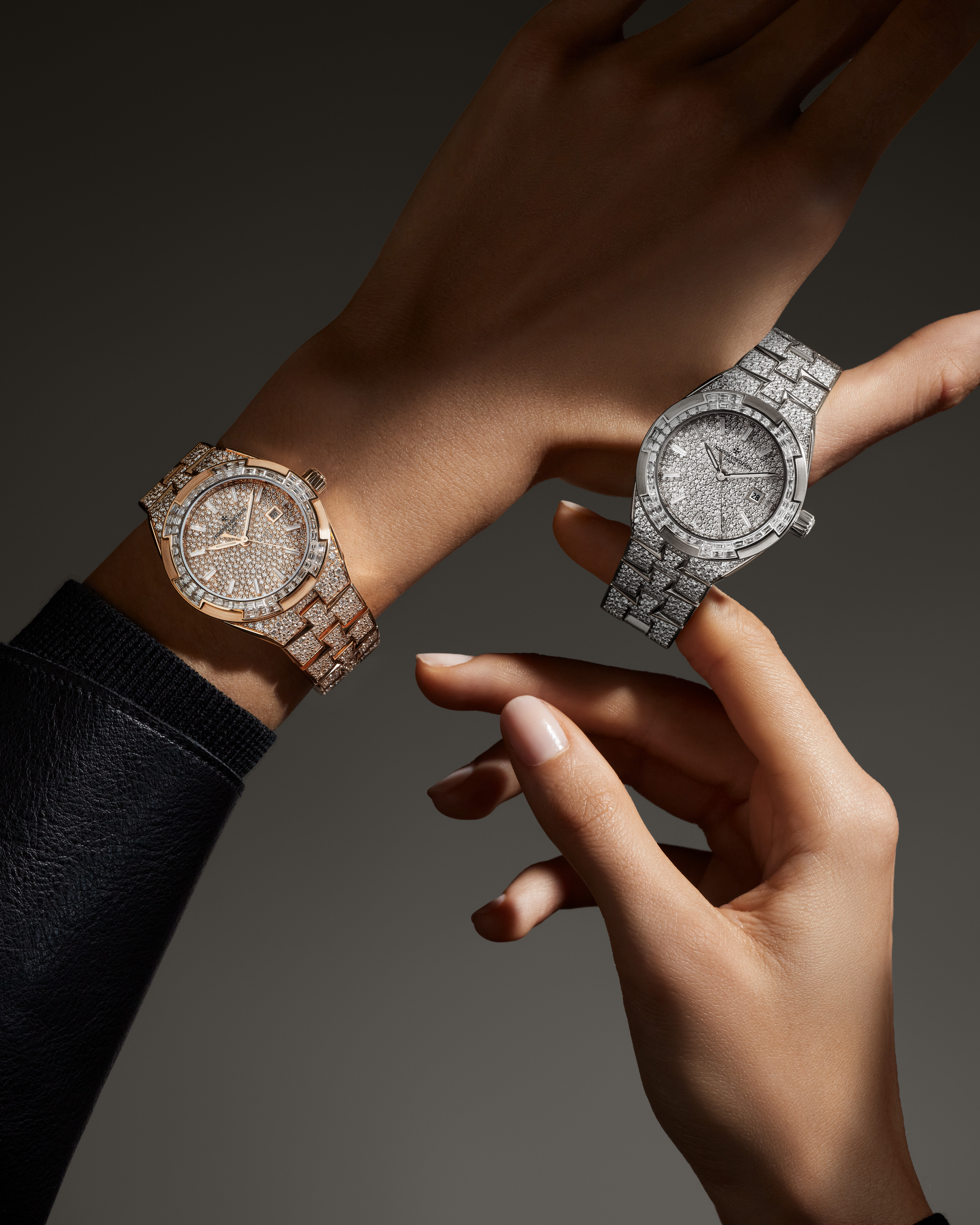
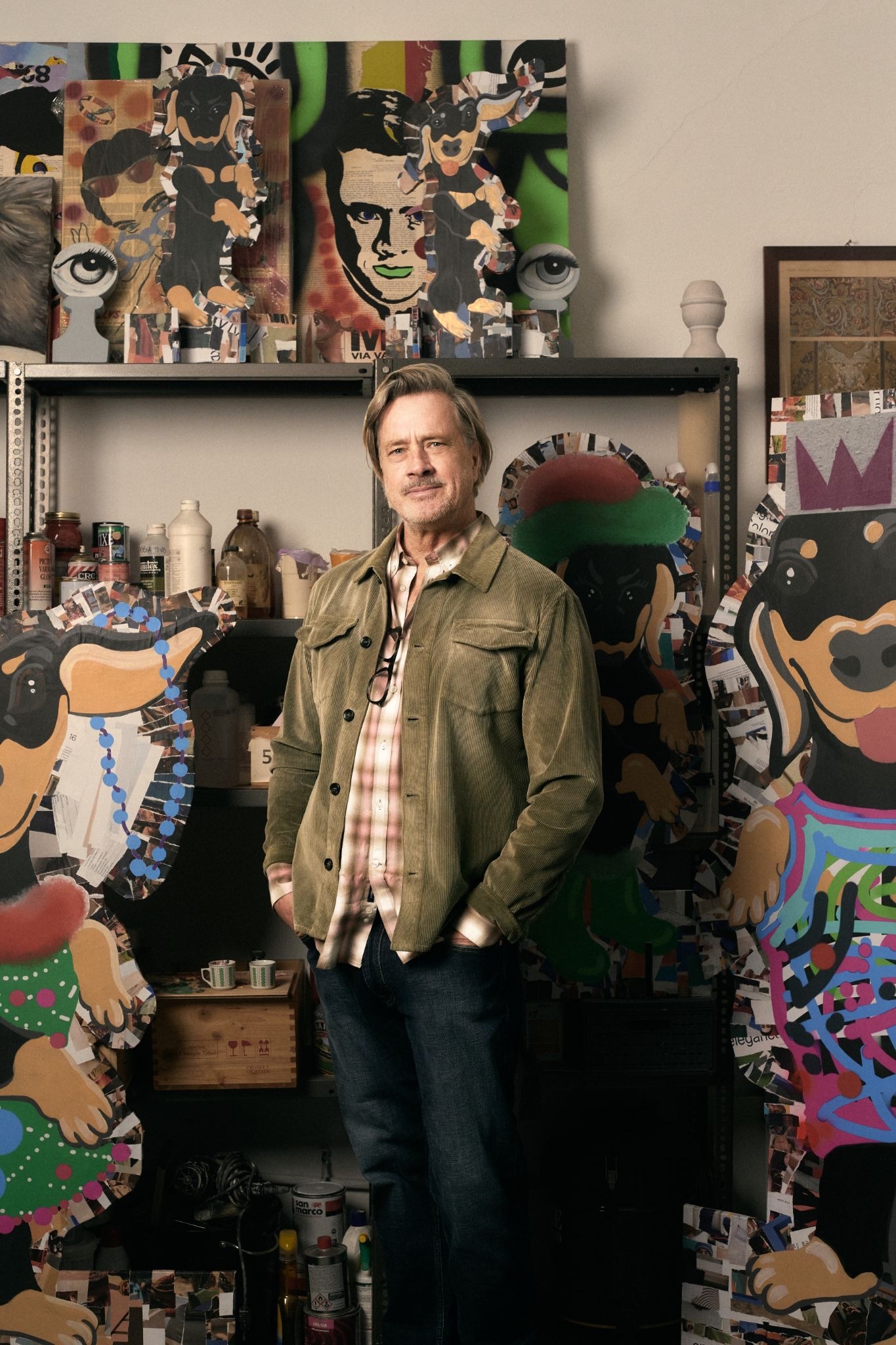
.JPG)
.jpg)
